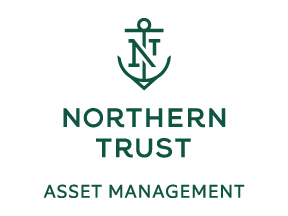Northern Trust Asset Management
Northern Trust Asset Management is a global investment manager that helps investors navigate changing market environments, so they can confidently realize their long-term objectives.
Entrusted with $1.3 trillion in assets under management as of December 31, 2024, we understand that investing ultimately serves a greater purpose and believe investors should be compensated for the risks they take — in all market environments and any investment strategy. That’s why we combine robust capital markets research, expert portfolio construction and comprehensive risk management in an effort to craft innovative and efficient solutions that seek to deliver targeted investment outcomes.
As engaged contributors to our communities, we consider it a great privilege to serve our investors and our communities with integrity, respect and transparency.
Chris Doell, CFA, CIA
Director—Insurance Practice
jcd2@ntrs.com
312-444-7177
Andrew Coupe
Director—Insurance Solutions
ajc17@ntrs.com
845-709-9655
50 S LaSalle St
Chicago, IL 60603


